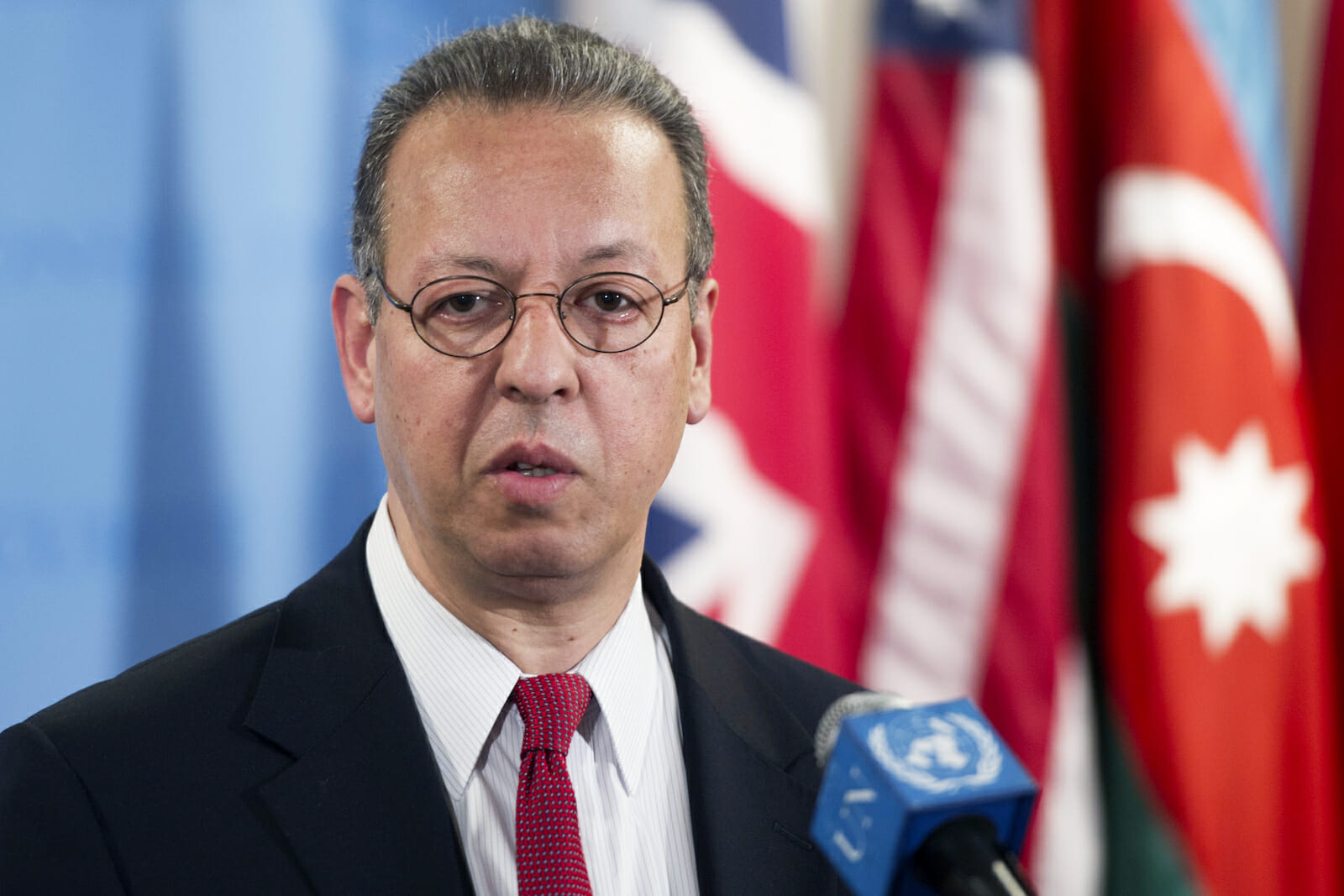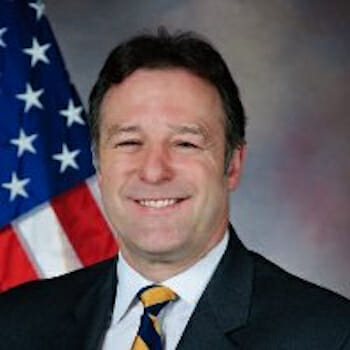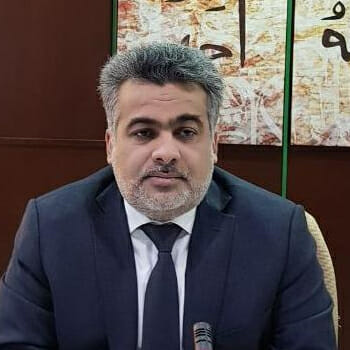
The Southern Challenge to Yemen’s National Dialogue
The upcoming National Dialogue Conference is currently Yemen’s top national priority. Jamal Benomar, the UN Secretary-General’s Special Adviser on Yemen, has rightly stated: “The success or failure of the national dialogue is likely to make or break Yemen’s transition.”
Stakes are therefore very high amid widespread criticism that the national dialogue process has been exclusionary and opaque. President Abdu Rabbu Mansour Hadi has started the process by establishing a 25-member Technical Committee that will report by the end of September in the hopes that the conference will commence in November 2012. It is good he has started the preparatory process now. He understands that pre-talks are necessary before the “big tent” event. Rushed, clumsy approaches risk overall failure. We believe that all interests and groups (including women, youth, Houthis, and Salafis, etc.) must be represented to air their grievances, though we sense that Yemen’s south holds the key to success for the national dialogue.
We posit that southern disengagement from the national dialogue process would lead to more protests, more instability, and the very likely chance of another, potentially more dangerous, civil war, which we think ultimately poses a far greater threat to Yemen and regional stability than does Al Qaeda in the Arabian Peninsula (AQAP).
Many Yemenis are already deeply frustrated by a host of dire socio-economic challenges that may be getting worse, despite the promise of a new government. Southern secessionism, in particular, is threatening Yemen’s already fragile unity and unlike AQAP, the southern movement has widespread support. The south has deep-seated grievances that made the civil war in 1994 inevitable.
Following the northern military victory, unity was essentially imposed upon the south. Under former President Ali Abdullah Saleh’s regime, the south was made to feel like the Communist “naughty son” who was being returned home for parental re-education. During those years, southerners were effectively excluded from decision-making processes. Military commanders, officers, and government employees were forcibly retired and excluded from leadership roles, state pensions were withheld, and any compensation provided was below subsistence levels. Southern lands, businesses and other resources were confiscated and given to northern elites.
Southern towns and infrastructure were neglected by Sana’a while poverty and unemployment continued to rise. Some southerners also blame the loss of a relatively “open culture” on their more conservative northern countrymen. Perhaps justifiably, many southerners consider themselves worse off as a result of unification. There is a strong perception that southern resources have been usurped by the north. Protests for change continue in the south, as does the heavy-handed government response, which resulted in four dead and twenty injured in Aden recently.
Despite clear divisions, the south can significantly contribute to the long-term well-being of the country in partnership with the north. There are many successful southern businessmen who can help Yemen on the road to recovery. Rebuilding and expanding the southern Port of Aden, in particular, could prove a huge boost to the economy. In addition to the absolutely vital tasks of writing a new constitution and army restructuring, a clear plan for reconciliation and better northern and southern integration must be articulated within the national dialogue process. Generally, we sense that federalism is supported by the majority of the south. A right of referendum to southerners for self-determination should be on the table. It is also recognized that the fragmented southern entities must work together to reach some level of unity through compromise before they jointly embark on the national dialogue process.
As part of the national dialogue and transition process, we recommended that: 1. Yemen’s leadership acknowledge and apologize for past abuses of the south and also to those who suffered in the north under the previous regime; 2. The north-south balance of power within the government be addressed constitutionally to reflect appropriate representation for all Yemeni entities; 3. A process for equitable north and south wealth-sharing be considered; 4. Compensation be considered for lands and wealth taken from the south; 5. Forced army retirees be called back and engaged in the new army; 6. The new constitution explicitly guarantees rights to all Yemenis, irrespective of where they live; 7. A de-centralized, federal system be examined, and; 8. Investment and development be provided proportionally equal to both north and south.
A new democratic Yemen that respects plurality and provides political, legal, and economic equality to all its citizens, and which adequately begins to address all grievances, is the only way forward. We conclude that the southern challenge is the single greatest threat today to Yemeni unity and thus must be handled with due diligence during the forthcoming national dialogue process.
The views expressed in this article are those of the authors alone and do not necessarily reflect the official views of the U.S. government, Department of Defense, National Defense University, the government of the Republic of Yemen, or Aden University.



